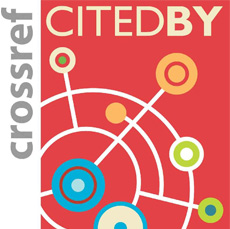ISSN : 2288-5412(Online)
DOI : http://dx.doi.org/10.14354/yjk.1999.10.225
A Study on Death in the Poetry of Yeats and Eliot
Abstract
In Yeats’s poetry, the existence of daimon was a great source, amedium of the recreation between soul and body, racial instinct and spirit,the life and death. To Yeats death is a part of “Great Wheel” in “Unity ofBeing”. Yeats’s damonism is a symbol of perfection and visionary passionof unconsciousness, which grew out of the microcosm and the macrocosmin his poetry. The main function of death in Yeats’s poetry connectsreincarnation of our eternity world and rebirth of human being.
T. S. Eliot tends to begin his poems with quotations and echoingpassages from other philosophies, thoughts, religions and one’s experiencesby fusing these ones into the concept of death. Especially, The WasteLand has no narrative and no unifying central character. There is only aheap of broken death images and inaudible voices. The Waste Landjuxtaposes various different voices of “Death of Island”. As in inaudible“death” voices, the main tunes and pattern of notes are hinted at,elaborated on, and returned to. We conclude that the unifiedconsciousness is not Eliot’s but the reader’s.
In Eliot’s poetry, death stands as a commitment to his search for auniversal text by way of deconstruction for reconstruction.
Yeats와 Eliot 詩에 나타난 죽음에 관한 연구
초록
-
-
Submission : JAMS
https://yjk.jams.or.kr/
-
YSK
The Yeats Society of Korea
-
Editorial Office
Contact Information- Tel: +82-2-2220-4477
- E-mail: ilhwan_y@hanyang.ac.kr -

-

-

-

-

-





